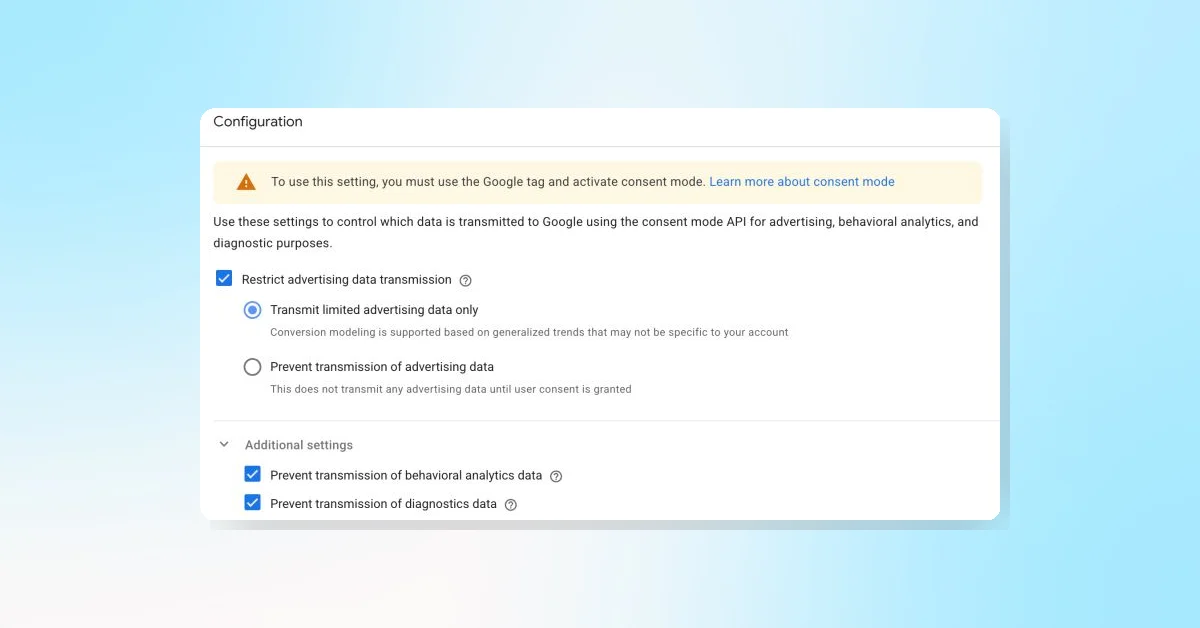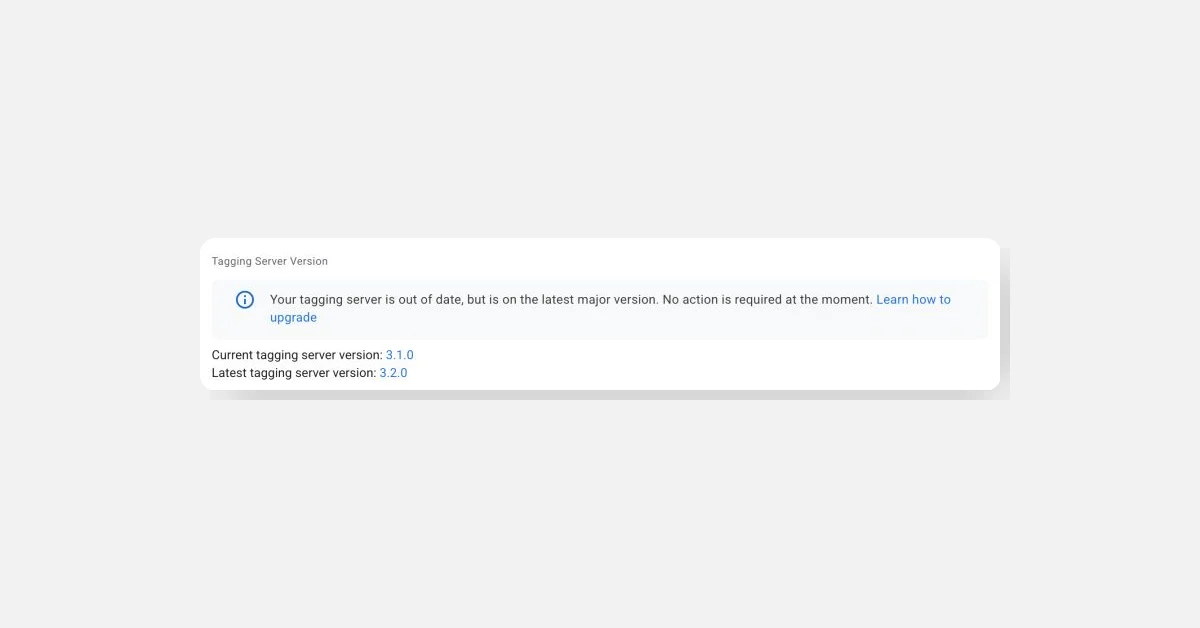Safari has taken a significant step forward in web privacy and functionality with its most recent update. Released on March 31st, Safari 18.4 now includes support for CHIPS (Cookies Having Independent Partitioned State), a privacy-enhancing proposal already implemented in Chrome and Edge since version 114.
What is CHIPS?
CHIPS represents an opt-in solution for developers who need third-party cookie functionality while still respecting user privacy. Developers can implement this feature by adding a special Partitioned; flag to their cookies.
When this flag is present, cookies accessed in third-party contexts become partitioned, meaning they're only available between:
- The third-party resource
- The specific site that embeds or sends requests to that third-party
This crucial distinction prevents these cookies from being accessible across unrelated sites, effectively maintaining functionality while enhancing privacy.
How CHIPS Works in Safari
Safari's implementation of CHIPS is particularly noteworthy because the browser blocks all third-party cookies by default. Adding the Partitioned; flag essentially "unblocks" these cookies, but with the important limitation that they remain partitioned to specific site relationships.
There is one significant caveat: If Safari's Intelligent Tracking Prevention has flagged a third-party site as a potential tracker, that site will not have access to cookies in third-party contexts, even with the Partitioned; flag implemented.
Impact on Web Development
This update represents a welcome move from Safari that should help address some of the functionality breakage that has resulted from blocking third-party cookies. By providing this middle ground, Safari is helping to balance privacy concerns with the practical needs of web developers and the sites they build.
The adoption of CHIPS across major browsers (now Chrome, Edge, and Safari) signals growing consistency in how browsers are approaching the complex challenge of phasing out traditional third-party cookies while maintaining web functionality.




















